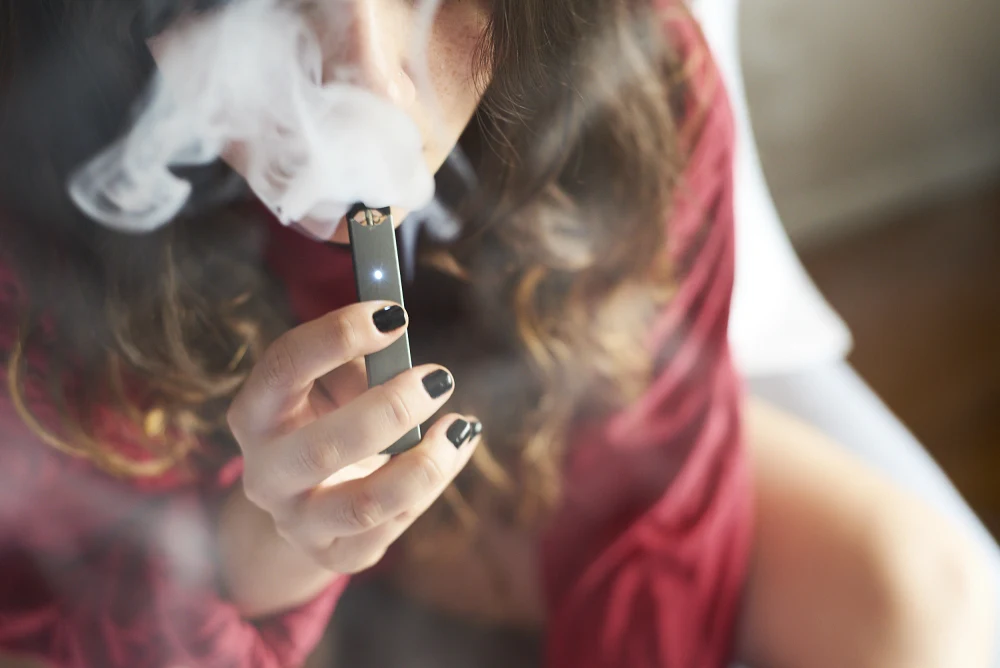Juul and Altria, which owns 35% of Juul, were accused of misleading consumers about the e-cigarettes’ addictiveness and safety.

Some Juul clients are getting large number of dollars as a feature of a $300M class activity settlement
Juul and Altria, which claims 35% of Juul, were blamed for deceiving shoppers about the e-cigarettes’ habit-forming nature and security.
Four-figure looks at tend not to fall of the sky.
However, a gathering of e-cigarette clients are out of nowhere winding up with just enough additional money, because of a monstrous class activity repayment including one of America’s tobacco goliaths.
In web-based gatherings and via virtual entertainment this week, clients of Juul Labs nicotine items have been posting screen captures of online stores for hundreds and at times great many dollars that they presently approach.
The wellspring of the assets is two settlements adding up to $300 million consented to by Juul and Altria, which possesses 35% of Juul, over claims the organizations deceived purchasers about the items’ seductive nature and wellbeing. They were likewise accused of unlawfully showcasing to minors.
Altria has denied the charges, while Juul didn’t concede bad behavior. A court has not managed on whether either organization disregarded any regulations.
Juul consented to a settlement in 2022, yet the Altria settlement, which was expected to launch payouts, was not endorsed until recently. Furthermore, it was just this month that cases for the around 842,000 qualified Juul clients started to be checked.
The cutoff time for submitting claims has previously passed.
Subsequent to deducting for charges, expenses and possibilities, qualified inquirers were qualified for a sum of roughly $202,000,000. A typical case sum was not quickly accessible; payouts were situated to a limited extent on the number of receipts a Juul client that could deliver showing confirmation of procurement.
A legal counselor addressing the offended parties class didn’t promptly answer a solicitation for input.
Vaping stays buried in debate in the U.S., as e-cigarette organizations and government controllers keep on wrangling over the items’ wellbeing impacts and promoting guardrails. In June, the Food and Medication Organization revoked a previous decision that actually prohibited Juul items — however avoided greenlighting them for altogether deal forthcoming extra survey of new wellbeing studies and case regulation.

